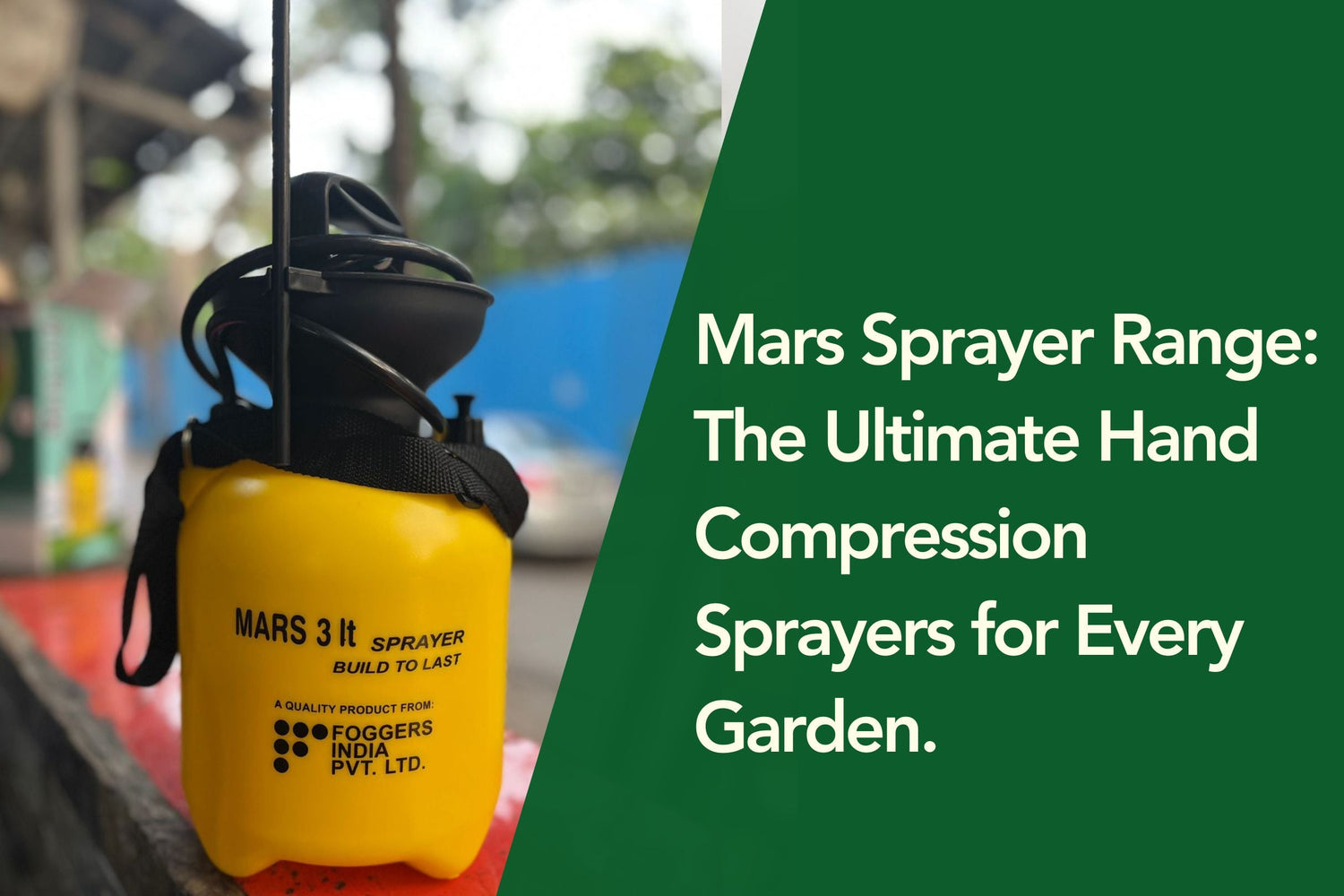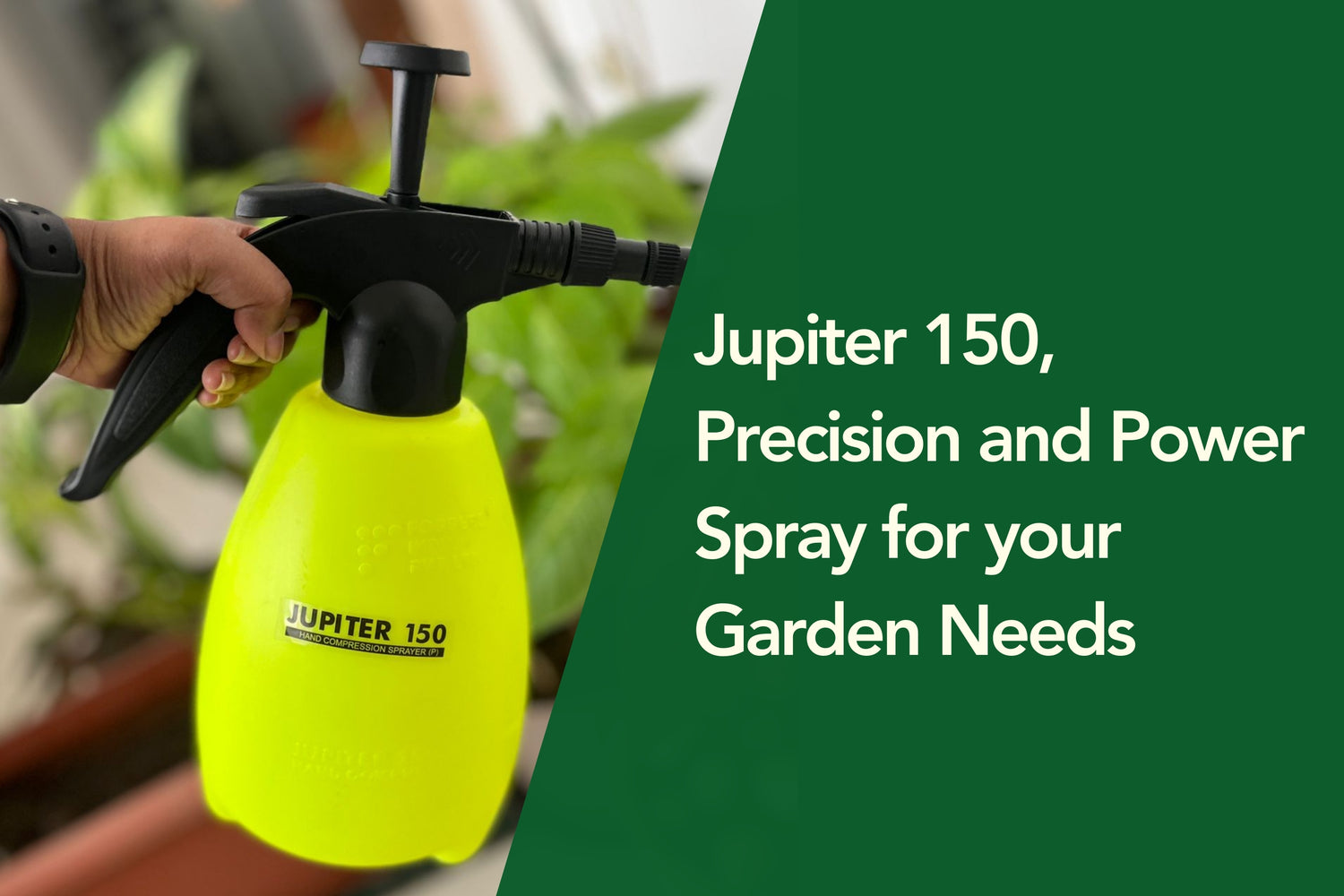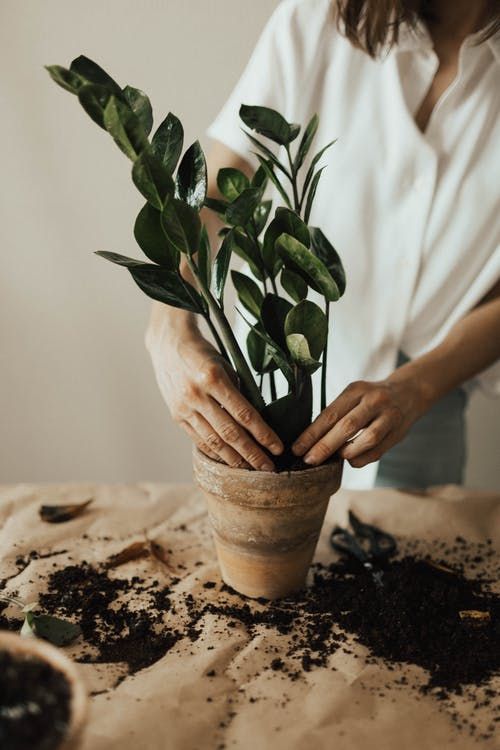Springtime in India, particularly during April and May, is a prime period for planting various vegetables. Bombay Seeds offer the best seeds to sow during these months. Here is a list of vegetables and tips on sowing and caring for them.
Cucumber Kheera Seeds
Cucumbers are ideal for the warm temperatures of April and May. They thrive in well-drained soil and need ample sunlight.

Planting and Care:
- Sow the seeds 1/2 inch deep and 12–18 inches apart.
- Watering the earth as soon as possible after planting the seedlings is recommended.
- It is helpful to spread a layer of mulch over the plants so that they do not dry up and also to prevent the growth of weeds.
- Give the plants some support, as it's a creeper.
- The plants need to be fertilised every two weeks using an all-purpose fertiliser.
- Harvest cucumbers when they are 6–8 inches long, roughly 50 days after planting the seeds.
Watering schedule for cucumber kheera seeds:
Give 25–50 mm of water weekly. Avoid watering the leaves, as watering the roots is sufficient.
Growth Habits
- Use containers with the capacity to hold 18–19 litres of soil.
- Use a potting mix when growing in a container. However, if you are planting in soil, SoilRich 306, SoilRich Germi Quick Cocopeat, VermiCompost, Neem Cake Powder, and seaweed fertiliser are must-addons.
- Cucumber seeds need warmth to germinate and grow. The ideal temperature of around 25°C is suitable for their growth.
Caring tip
Pests like aphids, Cucumber beetles, and squash bugs can damage cucumber crops. To avoid pest infestations, maintain a regular plant check-up schedule and use organic neem spray. Powdery mildew, fungal diseases, and mosaics can also attack cucumber plants. To avoid the attack, make sure proper soil drainage is maintained and sufficient air circulation around the plants is maintained.
Capsicum Seeds
Capsicums are best planted in April and May because they grow best in warm temperatures.

Planting and care:
- Optimal growing conditions: well-drained, fertile, and loamy soil.
- Plant seeds 1/4 inch deep and separate plants 18–24 inches apart.
- Provide water in adequate amounts, but keep the area from becoming waterlogged.
- As plants grow, use stakes if needed.
- When the plants are about 6–8 inches high, they should be planted 1-2 feet apart. If the peppers reach a bright green colour, they are ready for picking; however, they can also wait until they have become red, orange, or yellow.
Watering schedule of Capsicum plants
Water capsicum plants once or twice a week or whenever the topsoil layer appears dry.
Growth Habits
- Add organic fertilisers to the soil after every third or fourth week of planting capsicum seeds.
- Using some garden stakes is advisable to provide support to keep capsicum plants upright.
- Plant capsicum seeds when the temperature ranges between 18-3O degrees Celsius
- Choose a spot that receives 4-5 hours of direct sunlight.
Caring tips
Aphids and whiteflies are the primary pests that attack capsicum plants. Spraying soapy water on plants will keep them at bay.
Lady Finger seeds
Okra is one of the easiest plants to cultivate during April. It thrives well during summer and requires about six to eight hours of full sunlight. As it needs good soil, mix the compost into the soil before sowing the seeds.

Planting and care:
- Sow 7 to 8 seeds in each hole and plant them in holes that are ½ to 1 inch deep.
- Another aspect of okra is that it needs water constantly.
- Another essential consideration is applying organic pesticides to avoid any insect attack.
- Each plant produces two to three okra pods every two days when fully grown.
- The Lady Finger pods should be harvested when they have attained their full size.
Watering schedule for Lady Finger seeds
Okra or lady finger plants need regular water, but they can also tolerate dry conditions. A litre of water per week is sufficient to keep the soil moist, especially during the growing season. A well-drained and fertile soil is a must for better results.
Growth Habits
- Okra can grow successfully in long, warm seasons. Sow the seeds directly in any pot or grow bag with coco peat or potting mix.
- The best temperature range for the plant seeds to germinate ranges between 18 and 32 °C.
- Water the seeds gently with a sprayer.
Caring tips
Aphids, corn earworms, stink bugs, and Fusarium wilt are pests that can affect okra (ladyfinger) plants. Organic pesticides like `Neem oil’ can protect this plant from harmful pests.
Brinjal
Another proliferating plant is brinjal, which may be planted in pots or directly in the ground, depending on available space. Since brinjal's growth depends on well-fertilised soil, you should always begin by preparing the soil by combining 50% garden soil and 50% compost.

Planting and care:
- To cultivate them, plant the seeds in ½-inch-deep holes.
- Because brinjals need a lot of sunlight to flourish, pick a bright area for your plants.
- Regularly watering the brinjal plants is crucial to their development.
- Using fertilisers periodically is essential to the health of your brinjal plants.
- After sowing, you can begin harvesting brinjals in two to three months.
Watering schedule for Brinjal Seeds
The root zone of the brinjal plant should be moist. Light irrigation is needed on the first and third days after transplanting. For sound production, a regular irrigation interval of 8–10 days in the winter and 5–6 days in the summer is mandatory.
Growth Habits
- This is a warm-season plant, and the temperature range of 13–21 °C is most favourable for its production. A temperature below 17 °C can severely affect brinjal production.
- Brinjal plants can grow everywhere in all types of soil, be it light sandy or heavy clay. The well-drained soil with a pH range of 6.5-7.5 and rich in organic matter is favourable for the plant.
Caring Tips
Brinjal plants are susceptible to the soil-borne disease Verticillium wilt. Aphids, Caterpillars, Fruit flies, and Two-spotted mites can also affect the plantation. To save production, remove and destroy the borer-infested shoots at regular weekly intervals. Also, remove the dry leaves and keep the crop clean.
Care against pest infestation.
Pest infestations can affect garden and farm cultivation. Tools like a hand compression sprayer from Bombay Seeds are convenient for spraying pesticides.
Don't wait unnecessarily - order seeds now!
These veggies will satisfy the gardener within you, and you'll also have easy access to excellent health in your backyard. So why wait? Get the vegetable seeds online and prepare to be hungry.







